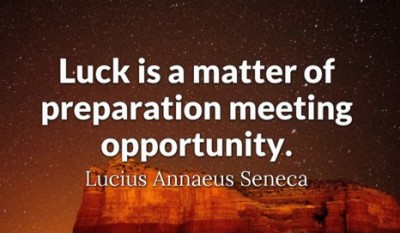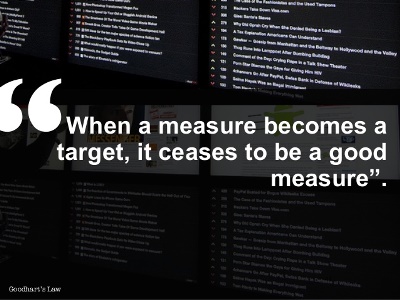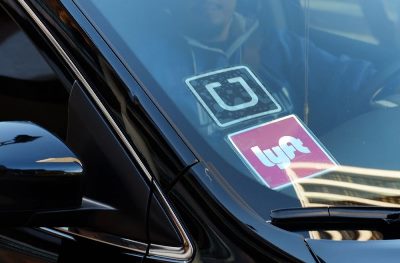Following up on our post ‘How to be More Lucky in Life: the Luck Factor‘, one specific aspect is taking action on opportunities. Once one has increase the number of potential opportunities, remains the need to take action to benefit from the luck. And it is sometimes difficult – and often makes the difference.
 It is always psychologically difficult to decide to enter an uncertain venture. It is a bet and there is no certainty as to its outcome. How can one be more comfortable taking those decisions?
It is always psychologically difficult to decide to enter an uncertain venture. It is a bet and there is no certainty as to its outcome. How can one be more comfortable taking those decisions?
Based on my experience here are some pointers. And I find that the stock market is an excellent teaching ground to determine behaviors that can later be applicable to many other fields :
- the foreseeable worst case outcome should not impact substantially our well-being. For example for financial decisions its worst possible impact should be less than a limited % of our total assets, or the time involved should not burden excessively our calendar.
- The possible best case outcome should produce substantial value
- It generally boils down to the confidence we may have with certain people. How is the fit with those people, what is our hunch?
- Do we have a portfolio of opportunities that spreads the risk and ensures that on average, there will be benefits and possibilities to enhance further lucky strikes?
In addition, one should be ready to stop losses when it becomes obvious that the opportunity does not work out (including in time and money involved), and the other aspect is not to be too persistent on luck: know when to fold on a lucky opportunity, it will not last forever.
Grab opportunities, act on them: the secret for luck to realize! Are there opportunities lying there where you did not take action? Go for it!











